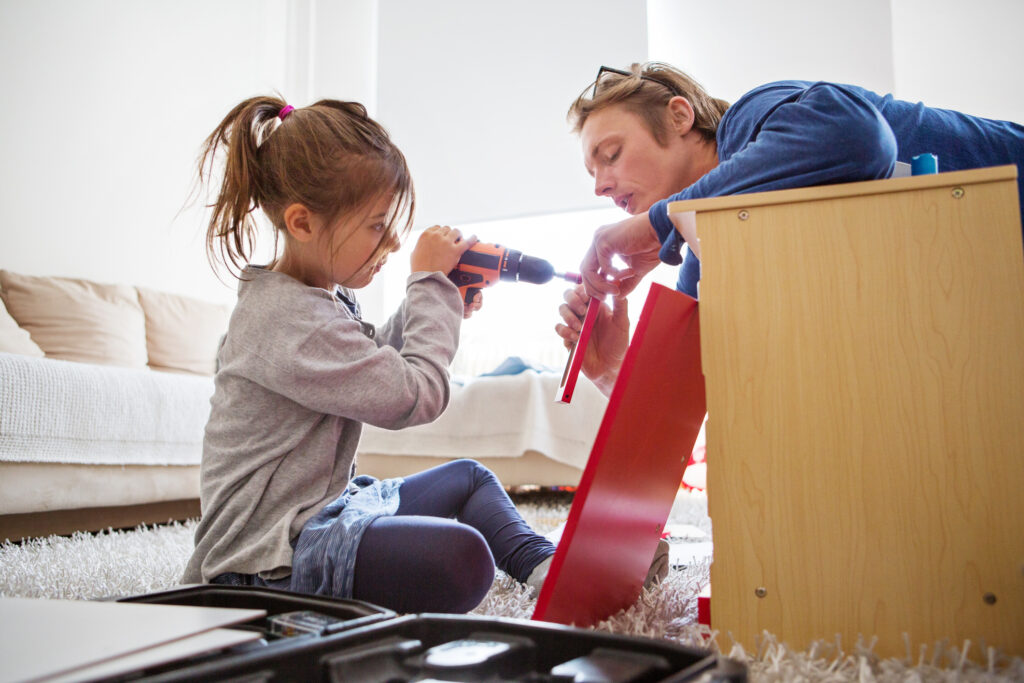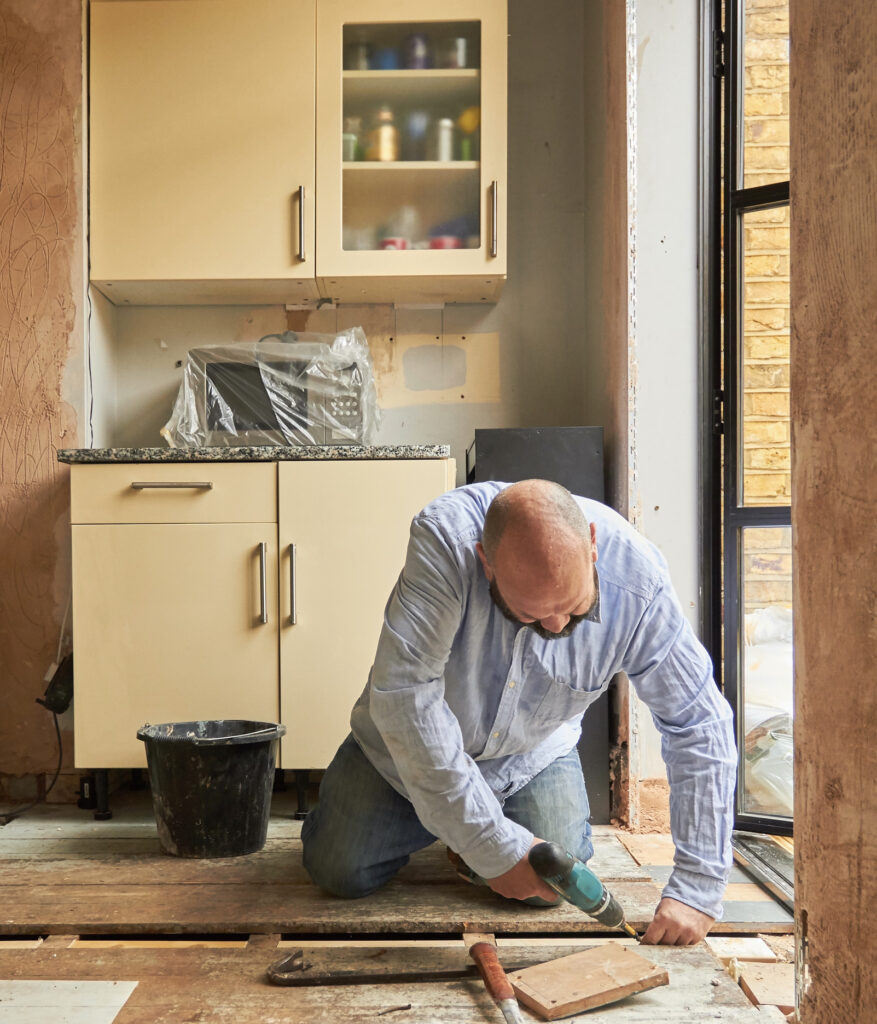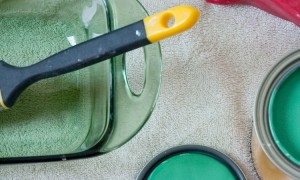The following guest article was written by Lee Campbell
The popularity of Do-It-Yourself home improvement projects has gone through the roof in recent years. Blame the abundance of “how-to” advice on TV and the internet. Googling “DIY” will bring up a galaxy of websites promising to teach you everything from replacing a doorknob to adding a bathroom. You can find step-by-step instructions on YouTube for every conceivable DIY project – and they make it look so easy!
Many DIYers discover it’s often not as easy as it looks. One study discovered one in three do-it-yourselfers called in professional help to finish the job. More than 60% have at least one project they regret undertaking.
Renovations and upgrades are crucial if you want to maintain or increase the value of your home. The key to successful DIY projects is being realistic about your skills, tools, time, and budget. Some DIY projects turn out just fine. Some turn into disasters. Let’s start with those that seem to work out well.
The Best
These are projects where homeowners report a high degree of success and satisfaction. Most don’t require special skills or tools.

Painting
This is the most common home fix-up project because it’s relatively easy and inexpensive. But experts say doing it right involves prep work such as cleaning, edging, filling nail holes and cracks, and priming. Rolling on the paint is the easy part – but will usually require at least two coats. Homeowners report their greatest DIY successes involve painting projects.
Replacing fixtures
This can be a quick-fix update. Home improvement centers abound with fixtures in every style and price range. Putting up new light fixtures normally doesn’t require an electrician. Replacing faucets and showerheads requires minimal plumbing skills, and updating cabinet hardware usually involves nothing more than a screwdriver. Just be sure to measure for holes before you buy.
Making your home smart
This is a surging trend as more products hit the market. Smart lighting, security cameras, and voice-controlled gadgets continue to be the rage. These are normally easy installations. If you get into trouble, just call in a teenager.
Adding storage
Closet organization systems are easy tasks, as are rollout under-the-cabinet storage units. Many Americans are also paying more attention to the space in their garages by adding organizers and shelving. Usually, only basic household tools are required.
The Worst
These are projects where homeowners report the least success and highest frustration.

Flooring projects
Installing floor tiles and wood floors, refinishing hardwood floors, and laying carpet can be exasperating. Most homeowners rank these as their least favorite DIY projects. Chalk up floor projects to those that look easy – but are not.
Replacing ceilings
A lot of homeowners admit frustration and disappointment with self-attempted ceiling replacement. Maybe this is because you spend so much time on a ladder with your arms above your head. The project is invariably messy and requires you to remove all the furniture from the room. Ceiling replacement may also require drywall skills. “Dropped” ceilings are popular because they are suspended on grids and wires below the original surface. They make for less mess and require less skill.
Refinishing cabinets
It seems refinishing is not as simple as wiping on stain and brushing on varnish. A large number of DIYers say they forgot to sand the doors and drawers first. Some report failing to remove all the sanding dust or staining against grain. Most report dissatisfaction with the results.
Installing lawn sprinklers
Building your own sprinkler system is certainly cheaper. But this project requires the skills of a landscaper and a plumber who knows how to bury water lines in carefully planned trenches. It’s also important to know where to place sprinkler heads to ensure your yard gets adequate, even irrigation with minimal watering of the driveway or your neighbor’s yard. Proper lawn watering is key to curb appeal, so don’t skimp out on hiring a professional to irrigate your lawn.
Installing baths or showers
The rule of thumb is measure twice, cut once, then call a plumber. Installing bathtubs and showers requires plumbing skills and often involves carpentry. You’ll need a full arsenal of power and hand tools for this undertaking. Make one mistake and tubs and showers will leak around the edges. Install the tile incorrectly, and you could be dealing with mold for years to come.
Drains are also difficult to install. One wrong move, and you’ll have drainage problems throughout the house.
Installing a new roof
Roofing requires a little skill – and a lot of hard labor. Often that labor is done under a broiling sun. Roofing an entire house can take days. While a new roof can cost $4,000 to $10,000, it’s better to leave such a critical project to the professionals.
Adding or expanding a room
This is the granddaddy of major projects and can involve demolition work. In addition to carpentry and tearing down or building walls, it may require the skills of an electrician and/or plumber.
To make DIY projects a rewarding experience, always check local codes and ordinances before undertaking major projects. This will help you avoid fines or costly makeovers.
DIY projects are an area where discretion is the better part of valor. Be honest with yourself about the time, skills, tools, and budget you can devote to your projects.
Lee Campbell is a house flipper, landlord, handyman, and freelance writer. He loves to remodel and refurbish older homes and like most aspiring writers, is working on his novel.






